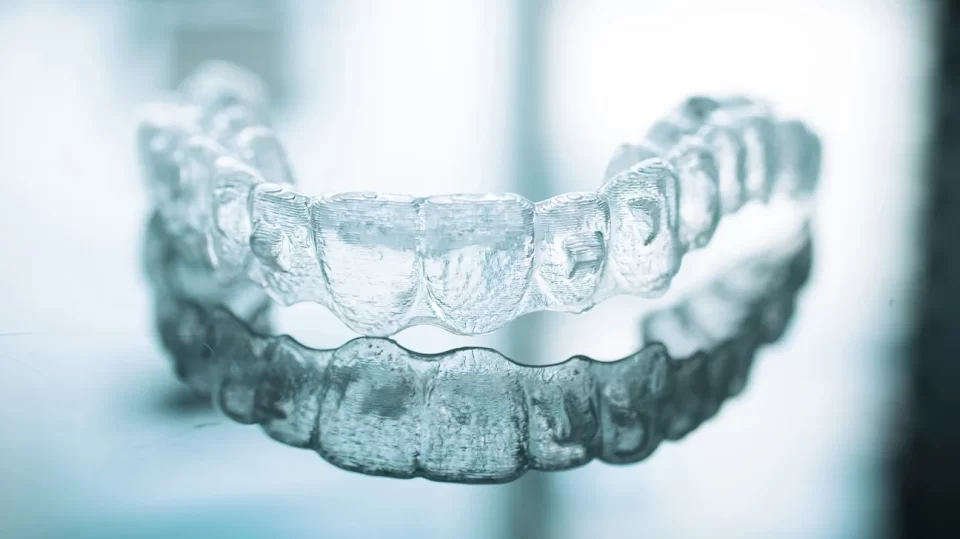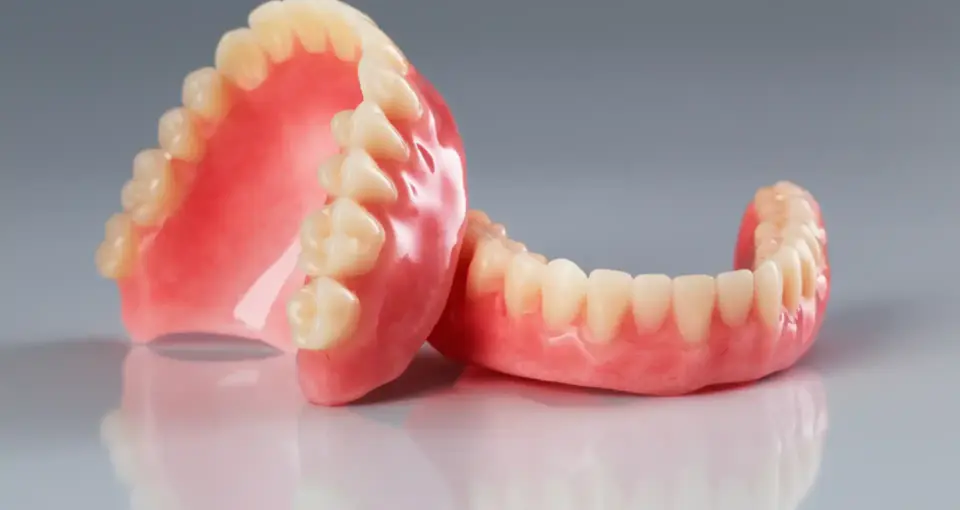Losing a tooth can be a distressing experience, impacting not just your smile but also your ability to speak and chew effectively. However, modern dentistry offers several effective solutions for restoring your dental health and aesthetics.
Whether your tooth loss is due to decay, injury, or gum disease, there are numerous restoration options available that can help you regain a natural-looking and functional smile. These solutions include dental implants, bridges, and dentures, each tailored to meet different needs and preferences.
What Are The Most Effective Dental Restoration Options For Tooth Loss?
When it comes to replacing lost teeth, there are several highly effective options available. The three most prevalent methods are dentures, dental implants, and bridges.
Many people think that dental implants are the best option for replacing missing teeth. An implant, which stands in for a natural tooth root, is a titanium post surgically inserted into the jawbone.
Once the implant has integrated with the bone, a crown is placed on top to complete the restoration. Implants are praised for their durability and the fact that they look and feel like natural teeth.
Dental bridges are another popular choice. A bridge involves placing crowns on the adjacent teeth to support a false tooth (or teeth) in between. This method is effective for replacing one or more adjacent missing teeth and is less invasive than implants.
Dentures, whether partial or complete, are removable appliances that replace multiple missing teeth. While they may not provide the same stability as implants or bridges, they are a viable option for those who have lost most or all of their teeth.
How Do Different Dental Restoration Methods Compare In Terms Of Longevity?
The longevity of dental restorations can vary significantly depending on the method chosen. Dental implants typically offer the longest-lasting solution. With proper care, implants can last a lifetime. The key to their longevity is the integration of the titanium post with the jawbone, which creates a strong, stable foundation for the crown.
Bridges generally have a lifespan of 5 to 15 years. How long they last is highly dependent on how well they are made and how healthy the teeth that support them are. The health of the teeth that support the bridge and the bridge itself depends on regular dental exams.
Dentures, while effective, usually have a shorter lifespan compared to implants and bridges. They may need to be replaced or adjusted every 5 to 7 years due to changes in the shape of the mouth and jawbone. Proper care, including cleaning and regular visits to the dentist, can help extend their usability.
What Factors Should Be Considered When Choosing A Dental Restoration Option?
Choosing the right dental restoration option involves considering several factors. First and foremost, the condition of your oral health is crucial. If your jawbone is healthy and sufficient, dental implants might be the best choice. However, if you have significant bone loss or other dental issues, a bridge or denture might be more suitable.
Cost is another important consideration. Although dental implants provide a permanent solution, they are usually more costly than dentures or bridges. Dentures and bridges can save money in the short term, but they may end up costing more in the long run due to the increased likelihood of damage and replacement.
Other important considerations include the restoration’s general usefulness and beauty. Implants and bridges generally provide a more natural look and function compared to dentures. However, modern dentures have improved significantly in terms of appearance and comfort.
Personal preferences and lifestyle should also be taken into account. If you prefer a non-invasive option and are comfortable with removable appliances, dentures might be ideal. On the other hand, if you seek a permanent solution with minimal maintenance, implants could be the right choice.
How Does Tooth Loss Impact Overall Oral Health And What Are The Best Ways To Address It?
Tooth loss can have a significant impact on overall oral health. Missing teeth can lead to a range of issues, including difficulty chewing, misalignment of remaining teeth, and changes in facial appearance. Additionally, the loss of teeth can contribute to bone loss in the jaw, which may further affect oral health and lead to other complications.
Addressing tooth loss promptly is essential to prevent these issues. Restoring missing teeth helps maintain the alignment of remaining teeth and supports proper jaw function. It also helps preserve the bone structure of the jaw, which is crucial for long-term oral health.
Seeing a trained dentist is your best bet for dealing with tooth loss because they can evaluate your unique situation and advise you on the best course of restoration treatment. The health of your restorations and your teeth as a whole depends on your regular dental checkups and your dedication to excellent oral hygiene.
Dental restoration options have come a long way, offering effective solutions for tooth loss. By understanding the various methods available, their longevity, and the factors to consider, you can make informed decisions to achieve a healthy and confident smile.
Frequently Asked Questions About Dental Restoration
What Is the Cost of Dental Implants?
Dental implants are a popular choice for replacing missing teeth due to their durability and natural appearance. On average, the cost of a single dental implant ranges from $3,000 to $4,500, including the implant, abutment, and crown. While the initial investment might seem significant, implants are known for their long-term value and can last a lifetime with proper care.
How Much Do Dental Bridges Typically Cost?
Dental bridges offer a cost-effective solution for replacing one or more adjacent missing teeth. The cost of a dental bridge usually ranges from $2,000 to $5,000, depending on the number of units and the materials used. Bridges can provide a functional and aesthetic solution and are generally less expensive than implants but may need to be replaced or repaired over time.
What Are the Costs Associated with Dentures?
Dentures are a versatile option for replacing multiple missing teeth and come in several types, including partial and full dentures. The cost for a set of full dentures typically ranges from $1,000 to $3,000. Partial dentures can range from $1,500 to $2,500. While dentures are generally more affordable upfront, they may require adjustments or replacements every few years.
How Can I Decide Which Restoration Option Is Best for Me?
Choosing the right restoration option depends on various factors, including your oral health, budget, and personal preferences. A consultation with a skilled dentist at Palmetto Family and Cosmetic Dentistry can help you explore your options and determine the most suitable solution for your needs.
Discover Your Perfect Smile Transformation!
At Palmetto Family and Cosmetic Dentistry, we are here to guide you through every step of your dental restoration journey. In order to guarantee that your smile is both beautiful and functional, our professional team is devoted to offering you the best care possible and tailoring our solutions to your specific needs.
Make an appointment for a consultation with us today to find out how we can make your dream smile a reality!



